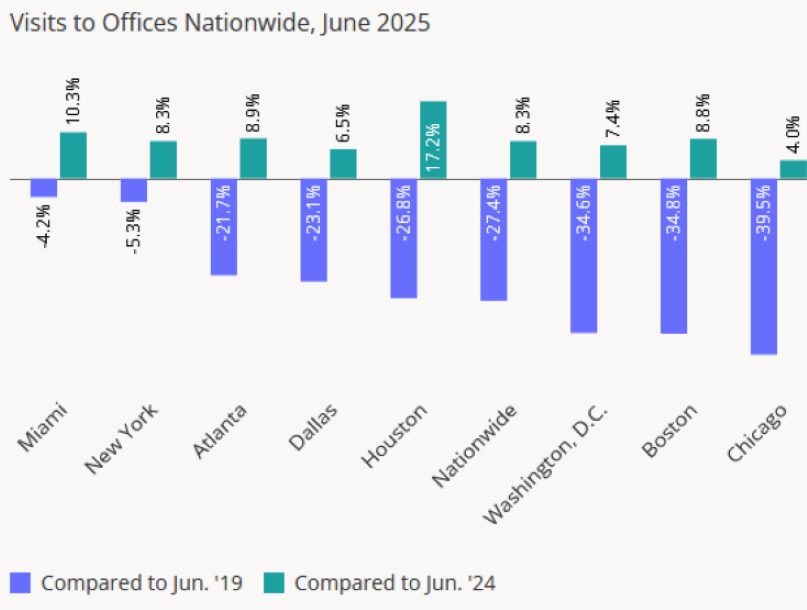Enhanced Protection for Preferred Equity Deals
Preferred equity JVs can be an attractive way to invest in real estate transactions and earn high returns, but investors should consider certain protections in order to better secure their return on investment, argues Pircher, Nichols & Meeks Partner Michael Scheinberg.
By Michael Scheinberg, Partner, Pircher, Nichols & Meeks LLP
 Preferred equity can be an attractive way to make investments in real estate transactions and earn high returns. In a preferred equity joint venture, the investor receives a return of and on their capital before the operating partner receives returns.
Preferred equity can be an attractive way to make investments in real estate transactions and earn high returns. In a preferred equity joint venture, the investor receives a return of and on their capital before the operating partner receives returns.
In the current market, preferred equity deals can help operating partners effectively increase leverage above senior debt, avoiding prohibitions on subordinate or mezzanine financing and satisfying contributed equity requirements under HVCRE regulations.
Preferred equity JV structures vary, ranging from debt-like deals with periodic payments, a specified redemption (maturity) date and no back-end participation, to equity-like deals, which include distributions dependent on available cash and the investor participating in the residual or back-end share of profits.
Of course, there are many issues common to preferred equity and other JVs, including:
- capital contributions obligations and default remedies
- control
- governing law for the JV and collateral agreements
- representations and warranties from the operating partner about the transaction
- responsibility for loan guaranties and consequences upon change of control or transfer
- exit strategies
- ownership/control requirements
- non-compete and rights to participate in future deals.
Protecting the deal
In order for preferred equity investors to better secure their returns on investment, certain protections should be considered at the JV term sheet stage. Specific protections may include:
- Senior loan document provisions: Without the protections afforded by an inter-creditor agreement common to mezzanine loan deals, the preferred equity provider should negotiate for analogous protections in the senior loan documents, such as cure rights and ability to take control of the JV.
- Pledge of venture interest: Some preferred equity providers require the operating partner to pledge their venture interest to the preferred equity provider, at least until achievement of certain milestones such as obtaining entitlements, completion and stabilization in a development deal, or repayment of investor capital with a return thereon, possibly by a specified date. Related requirements include: “Opting in” to UCC Article 8 (thereby electing to have the venture interests treated as a securities); that the JV interests be certificated; and UCC insurance ensuring the priority of the pledge.
- Investor control: Preferred equity providers can negotiate for control of certain major decisions such as capital calls, sales, leases and refinancings to major contracts, construction and litigation. Such control is typically a remedy for operating partner “default” (especially for debt-like deals). A demanding investor might require outright control until achievement of milestones. In either case, outright control by the investor is more efficient than an override.
- Recourse to a creditworthy party: Most preferred equity deals require a creditworthy operating partner affiliate to be responsible for certain claims, such as misappropriation, unauthorized bankruptcy filing, fraud, breached representations and interference with investors’ remedies. Such recourse can extend to certain capital contribution obligations of the operating partner, especially those required to cover controllable cost overruns on development deals.
- Limited investor capital contributions: The funding obligation of preferred equity providers is often limited, with operating partners obligated to fund all additional capital contributions.
- Minimum return: Much like a prepayment premium, preferred equity providers can require a minimum preferred return, especially in debt-like deals.
Investors should consult with their tax advisors, as some deals may be recharacterized as debt (especially the debt-like deals), with a portion of distributions possibly treated as interest (ordinary income) rather than capital gains. Some investors, such as foreign investors, may desire characterization as debt.
Introducing such enhanced protections at the JV term sheet stage can help the preferred equity investor realize the higher returns afforded by preferred equity investing.
Michael Scheinberg is a partner with Pircher, Nichols & Meeks LLP, a real estate law firm with offices in Los Angeles and Chicago. He can be reached at mscheinberg@pircher.com.







You must be logged in to post a comment.